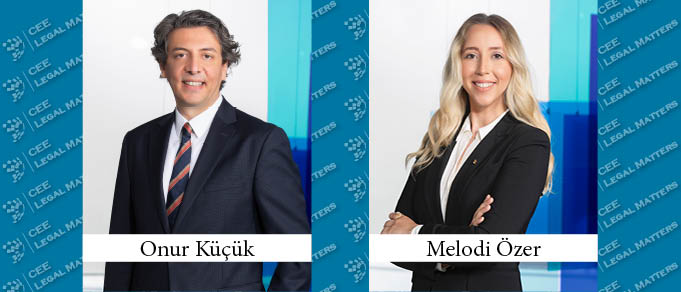After the Central Bank of the Republic of Turkey announced that it will complete the first CBDC tests at the end of 2022, it was announced that the blockchain-based digital identity application would be implemented in the “Digital Turkey 2023 First Meeting” held under the chairmanship of Vice President Fuat Oktay at the Presidential Complex in the first days of 2023. With the login system that will work within the scope of the e-wallet application, it will be possible to log in to the e-Government with digital identities created in the blockchain network.
Vice President Fuat Oktay announced the introduction of a “digital identity” application as a blockchain-based login system to the e-Government platform. Citizens will be able to access e-Government services using digital identities created on a blockchain network and a login system that works within the e-wallet application. Oktay stated that the transition from online e-Government to offline e-Government is possible, and that the first steps have been taken to develop a system that allows users to keep their digital information on their mobile phones safely. As a result, blockchain technology will be used in the login process for online public services in Turkey.
The use of a blockchain-based digital identity to authenticate the citizens of the Republic of Turkey while logging in the “e-Government” digital government portal, which will help access a wide range of public services in Turkey, can be considered as an indication that blockchain technologies have started to take place in the public sphere as well.
In addition, as a result of the evaluation conducted with the Turkish Notaries Union, services such as certificate of inheritance, e-appointment/application, e-determination (e-tespit), and “registered vehicle inquiry on behalf of the inheritor” will also be implemented to the system. With the “inheritance certificate inquiry” service available through the e-Government Gateway, citizens will be able to easily access the certificates of inheritance without having to visit a notary public.
By Onur Kucuk, Managing Partner, and Melodi Ozer, Associate, KP Law

















